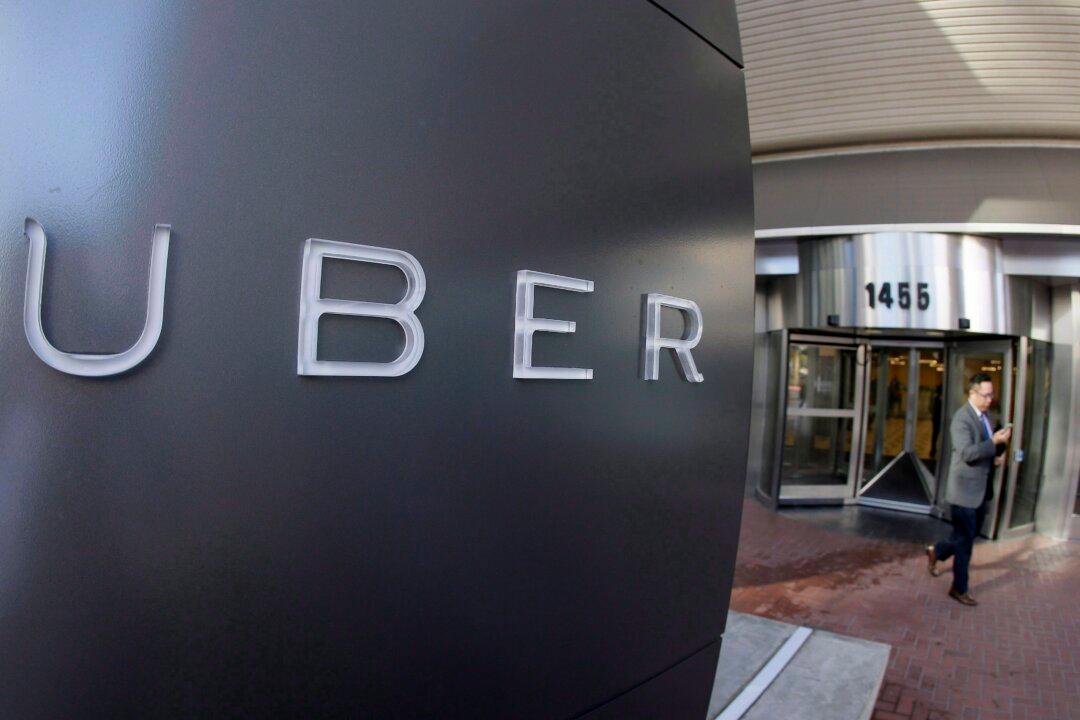DETROIT—Uber is once again facing tough questions about safety after one of its drivers was charged with murder.
The fast-growing, San Francisco-based ride-hailing company defended its screening of drivers Monday, saying it couldn’t have predicted that driver Jason Dalton would engage in the random shootings that left a half-dozen people dead in Kalamazoo Saturday night. Uber said its safety procedures are robust and don’t need to change.
But some experts say the company needs to take a harder look at potential drivers if it wants to convince riders the service is safe, even as they agreed that Dalton wouldn’t have raised red flags because he didn’t have a criminal record.
Dalton, who had been driving for Uber for less than a month, was charged Monday with killing six people. The shootings began Saturday evening and took place over nearly five hours. The Kalamazoo County prosecutor says Dalton picked up Uber passengers after the first shootings and probably after subsequent shootings.






